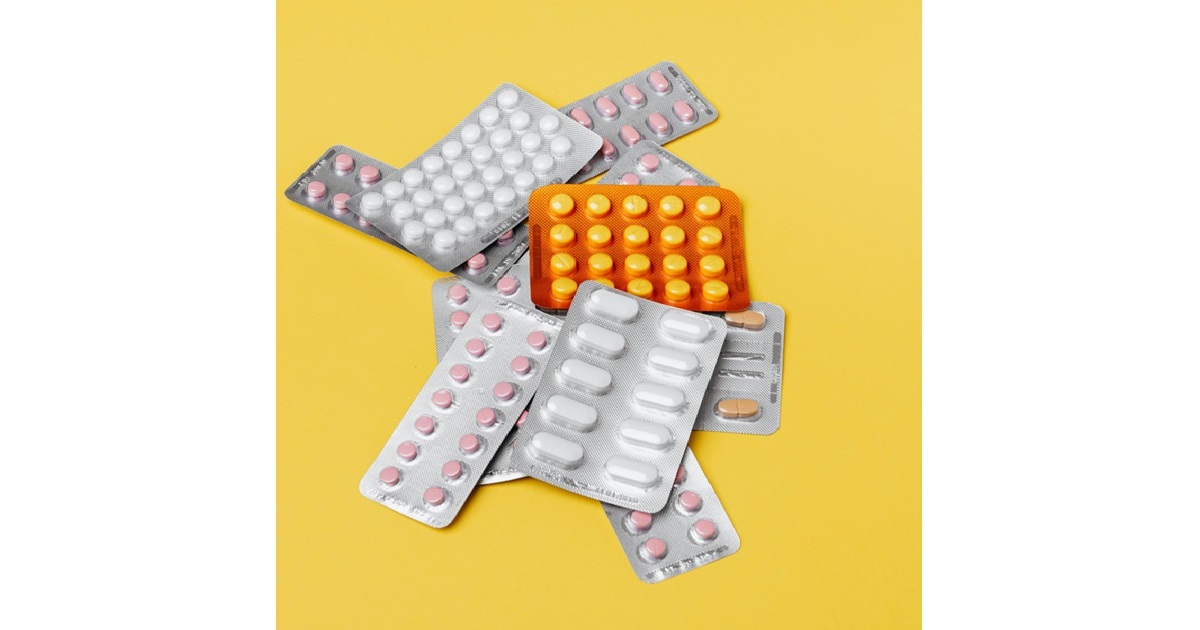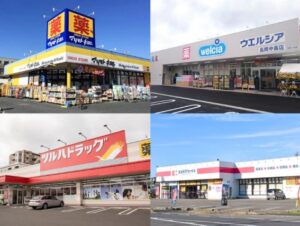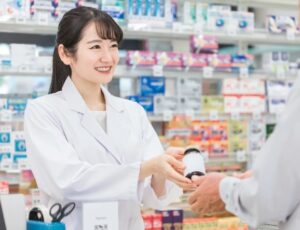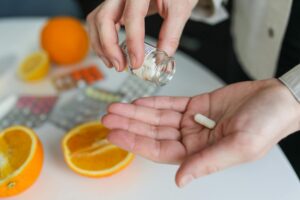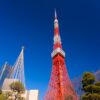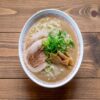Even if you are currently in excellent health, unforeseen circumstances can arise during your stay in Japan.
Should you get sick or injured, it’s always best to visit a hospital.
However, for minor ailments, you can purchase medication at one of Japan’s many drugstores.
This guide will help you navigate the process of buying medicine with confidence.
Source: niikei.jp
Understanding Over-the-Counter (OTC) Medicine in Japan
Drugstores in Japan sell two types of medication: prescription medications and over-the-counter (OTC) medications.
This guide will focus on OTC medications, which are categorized into classes based on their risk level.
- Class 1: The most potent OTC drugs. Must be purchased from a pharmacist after a consultation.
- Class 2: Includes most common cold medicines and pain relievers. Can be purchased from a pharmacist or a registered seller.
- Class 3: Low-risk medications like vitamins and digestive aids.
You can find these at major chains like MatsumotoKiyoshi, Sugi Pharmacy, Welcia, and SunDrug.
How to Talk to the Pharmacist
When purchasing medicine, it’s crucial to communicate clearly to ensure you get the right product.
1. Describe Your Symptoms
Be specific. For example: “Atama ga itai” (I have a headache), “Netsu ga aru” (I have a fever), or “Seki ga deru” (I have a cough).
While a smartphone translation app can help, a dedicated voice translator is a lifesaver for clear, instant, two-way communication when you’re not feeling well.
2. Inform Them of Your Condition
This is very important.
Be sure to mention if you have any allergies, chronic illnesses, or if you are pregnant or breastfeeding.
3. Disclose Any Other Medications
Tell the pharmacist about any other medications you are currently taking to avoid negative drug interactions.
4. Check the Dosage
Check the package for instructions.
If you’re unsure, ask the pharmacist questions like: “Ichinichi nankai?” (How many times a day?) or “Ikkai nanjo?” (How many tablets per dose?).
Tax-Free Shopping for Tourists
Many drugstores in Japan offer tax-free shopping for foreign tourists.
If you show your passport and your purchase exceeds a certain amount, you can be exempt from the 10% consumption tax.
If your symptoms persist or worsen after taking the medication, stop using it immediately and see a doctor.
You Might Also Like
Beyond medicine, Japanese drugstores are a paradise for cosmetics and snacks.
Check out our complete shopping guide to find the best souvenirs.
【Japan Shopping Guide】The Ultimate Drugstore Wishlist & Souvenirs



